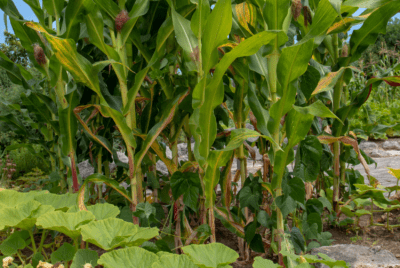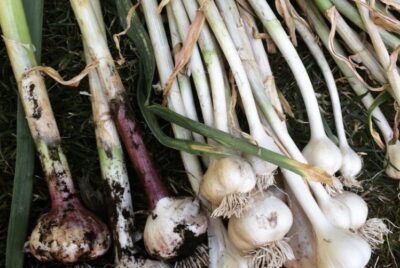RESEARCH
Horticultural Therapy Program for Trauma Survivors
This blog post describes a horticultural therapy program for trauma survivors, using gardening activities like plant care and symbolic exercises to foster healing, resilience, and a sense of control.
Program Types: Therapeutic
Population Groups: Mental Health Challenges/Trauma
Health and Wellness Outcomes: Enhanced Emotional Well-being, Improved Stress Management, Increased Social Engagement & Skills, Greater Job Readiness & Vocational Skills
Evidence Type: Magazine or Trade Articles
Measurement and Evaluation: Metrics for Mental Health
Access: Free
Print Form
Summary
This blog post outlines a 12-week horticultural therapy program designed to support trauma survivors, particularly women who have experienced violence. It draws upon existing theories and research to propose a holistic approach integrating gardening activities with therapeutic techniques. The activities, detailed in a goal and activity chart, range from basic plant care (like watering and pruning) to more symbolic actions (like “psychological burials” of negative emotions and creating flower mandalas). The program aims to address the psychological and physiological impacts of trauma by fostering a sense of safety, control, and connection with nature, ultimately promoting healing and resilience







